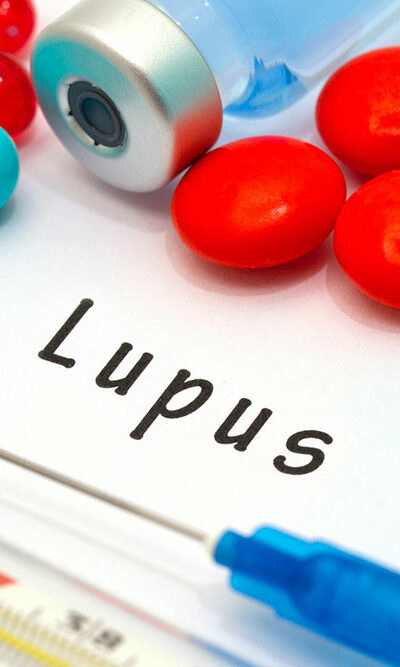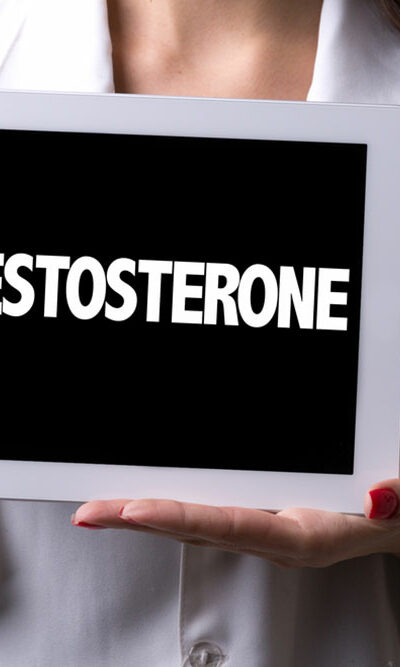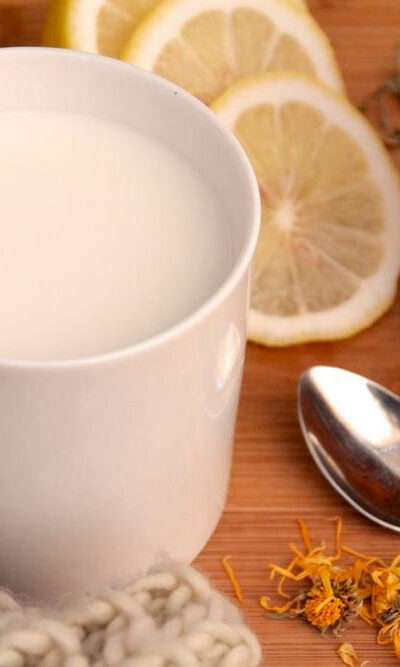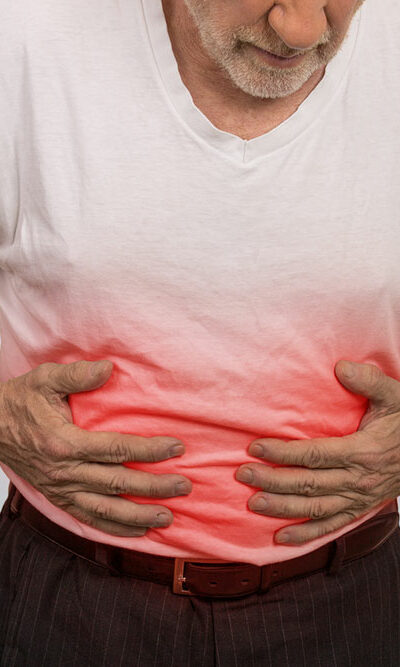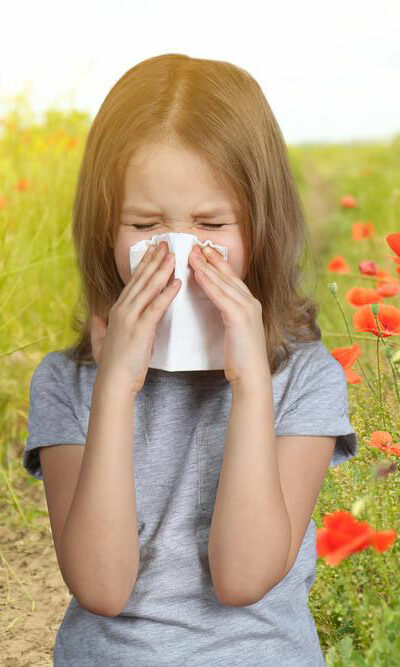
Different Kind of Allergies and Their Symptoms
It is very important to have an in-depth understanding and awareness regarding your allergies and their subsequent symptoms. Allergic reactions vary from mild ones to very serious type and at times, can even prove to be fatal. You need to take the necessary precautions and adopt preventive measures in order to avoid further complications. Allergy symptoms occur due to the instant activation of the white blood cells, generally called mast cells and basophils such as Immunoglobulin E, in response to exposure to even non-toxic and safe environmental elements. It is crucial to recognize the symptoms and the early signs of an allergy in order to prevent problems. Medical experts and allergists prescribe anti-histamines, steroids, and even immunotherapy so that the body’s response to the allergen can be desensitized. Some of the different kind of allergies are mentioned below: Food allergy Many people react to a large variety of foods including vinegar, soy, seafood, eggs, shellfish, cow’s milk, peanuts, wheat flour, etc., exhibiting mild to severe reactions. A reaction is generally triggered when the protein present in the food is erroneously identified by the body’s immune system as harmful. A food allergy will usually trigger some kind of reaction every time that typical food is consumed. Food allergy symptoms are common in children, but they can manifest at any age. You can even develop a reaction to safe foods, which you have eaten for years with no problems. Food allergens can stimulate the body to go into extreme reactions such as anaphylactic shock. It is best to avoid such foods and in case of emergency, immediately consult your allergist. Food allergy symptoms Upset stomach Constant pain in the stomach Vomiting Nausea Diarrhea Trouble in swallowing Shortness of breath Shock Dizziness A repetitive cough Dust allergy Dust allergy is caused by mites or microscopic organisms.
